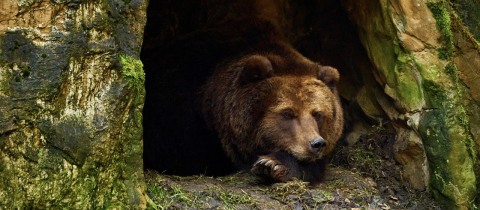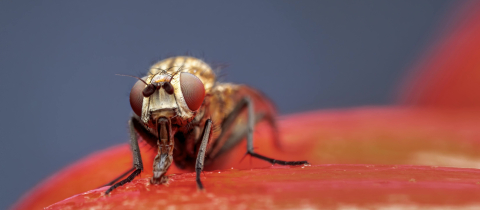You may have already heard that peanuts are not nuts. They are actually legumes and are members of the pea family. But did you know that cashews, almonds, and several other common “culinary nuts” are not true nuts either? To help us understand why this is, it is important to know what the definition of a true "nut" is. Botanically, a nut is a dry fruit that consists of a hard shell covering a single seed. Some examples of true nuts include acorns, chestnuts, and hazelnuts.
On the other hand, the fruits of the cashew, almond, and pistachio plants are not true nuts, but are rather classified as “drupes.” Drupes are fruits that are fleshy on the outside and contain a shell covering a seed on the inside. What we consume is this seed. The classification of walnuts and pecans is not as clear cut— they have characteristics of both nuts and drupes, but don’t completely fulfill the criteria for either. Some refer to them as “nut-like drupes”, others as “drupaceous nuts”. Interestingly, peaches and mangoes are also drupes—except in this case, we eat the fleshy exterior and not the shell and seed found inside it. Confusing, isn’t it?
Caitlin Bard is completing her Bachelor of Science with a major in neuroscience at McGill University.







